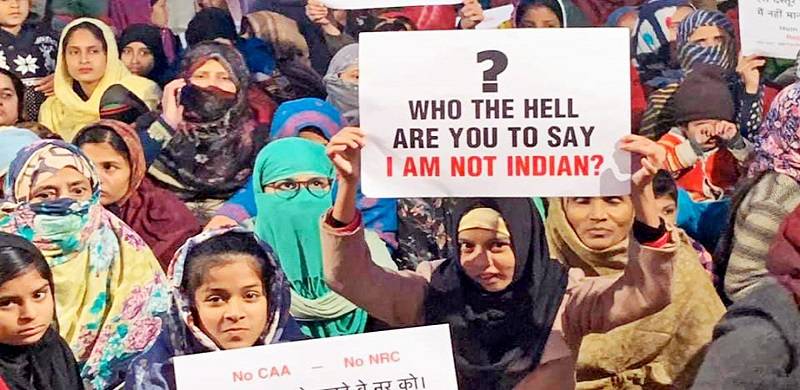
It is evident now that a revolution is coming in India, since all state institutions have collapsed and become hollow and empty shells. The people's distress has reached alarming heights, with record and growing unemployment, appalling level of child malnourishment, skyrocketing prices of foodstuffs and fuel, almost total lack of proper healthcare and good education for the masses, continuing farmers suicides, etc. To divert attention from these, the government can only take recourse to diversionary gimmicks like building a Ram Mandir in Ayodhya, Pakistan bashing, polarising society on religious lines (to win elections) etc., but has no idea how to resolve the real huge problems facing the nation. So a revolution is inevitable.
The Song of the Stormy Petrel ‘ was a poem written in March 1901 by the great Russian writer Maxim Gorky, and became known as the battle anthem of the coming Russian Revolution, just as ‘ La Marseillaise ‘ written in 1792 by Rouget de Lisle became known as the battle anthem of the French Revolution, and ‘ Sarfaroshi ki tamanna ab hamare dil mein hai‘ became the battle anthem of the Indian Independence Struggle. It was a favourite of Lenin.
In 1901 Russia was under the despotic and autocratic rule of Czar Nicholas II. There was a strict press censorship, and it was dangerous to criticise the Czar or the government directly, so writers had to write allegorically and symbolically (just as the Urdu poet Faiz had to do during the martial law regime in Pakistan).
A petrel is a bird, and ‘The Song of the Stormy Petrel‘ describes the brave and glorious flight of a petrel (symbolising the revolutionaries) wheeling below the dark sky, but high over the ocean waves (symbolising the discontented masses) during a storm (symbolising the revolution), when other birds like sea gulls (symbolising the so called ‘intellectuals’), loons (symbolising the middle classes) and penguins (symbolising the fat rich) cower terrified in fear. The stormy petrel is the harbinger of the coming tempest (the revolution), who sobs in ecstasy as he urges on the storm.
On publication in Russia in 1901, the impact of the poem was immediate and enormous. Everyone understood the symbolism, and millions of copies were made by hand and machines. The poem was read in all revolutionary meetings, to workers and students all over Russia, set to music and sung everywhere.
Before long, Gorky, whose sympathy for revolutionaries was well known, was arrested.
Will any of our poets write such a battle anthem of the coming storm in India? Or will Faiz Ahmed Faiz' poem 'Hum dekhenge ' serve this purpose?
The Song of the Stormy Petrel ‘ was a poem written in March 1901 by the great Russian writer Maxim Gorky, and became known as the battle anthem of the coming Russian Revolution, just as ‘ La Marseillaise ‘ written in 1792 by Rouget de Lisle became known as the battle anthem of the French Revolution, and ‘ Sarfaroshi ki tamanna ab hamare dil mein hai‘ became the battle anthem of the Indian Independence Struggle. It was a favourite of Lenin.
In 1901 Russia was under the despotic and autocratic rule of Czar Nicholas II. There was a strict press censorship, and it was dangerous to criticise the Czar or the government directly, so writers had to write allegorically and symbolically (just as the Urdu poet Faiz had to do during the martial law regime in Pakistan).
A petrel is a bird, and ‘The Song of the Stormy Petrel‘ describes the brave and glorious flight of a petrel (symbolising the revolutionaries) wheeling below the dark sky, but high over the ocean waves (symbolising the discontented masses) during a storm (symbolising the revolution), when other birds like sea gulls (symbolising the so called ‘intellectuals’), loons (symbolising the middle classes) and penguins (symbolising the fat rich) cower terrified in fear. The stormy petrel is the harbinger of the coming tempest (the revolution), who sobs in ecstasy as he urges on the storm.
On publication in Russia in 1901, the impact of the poem was immediate and enormous. Everyone understood the symbolism, and millions of copies were made by hand and machines. The poem was read in all revolutionary meetings, to workers and students all over Russia, set to music and sung everywhere.
Before long, Gorky, whose sympathy for revolutionaries was well known, was arrested.
Will any of our poets write such a battle anthem of the coming storm in India? Or will Faiz Ahmed Faiz' poem 'Hum dekhenge ' serve this purpose?
